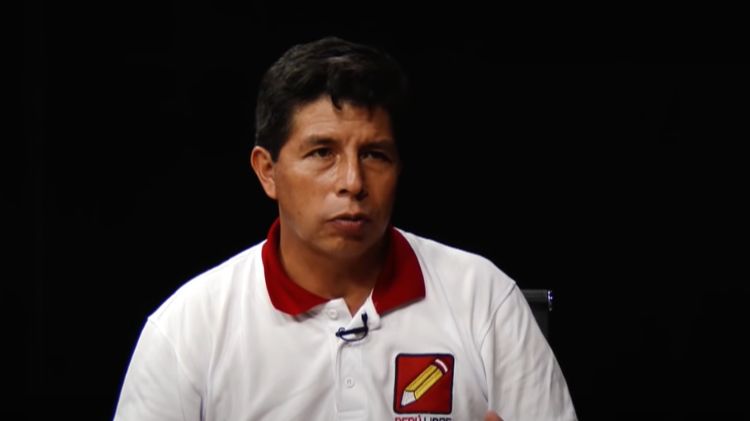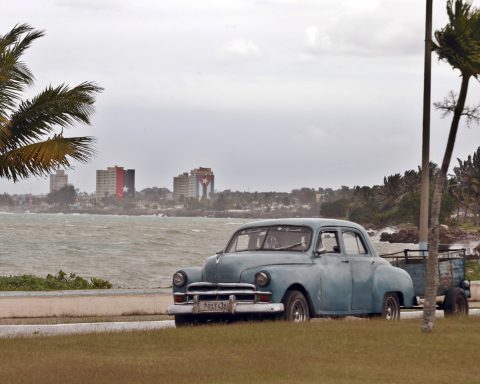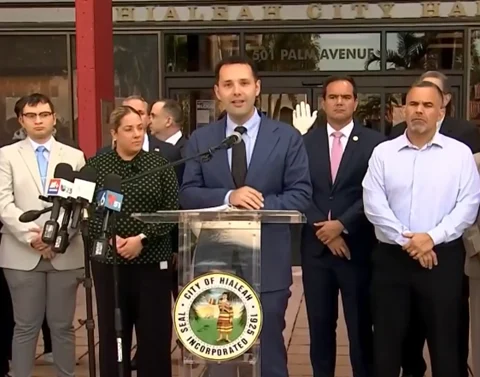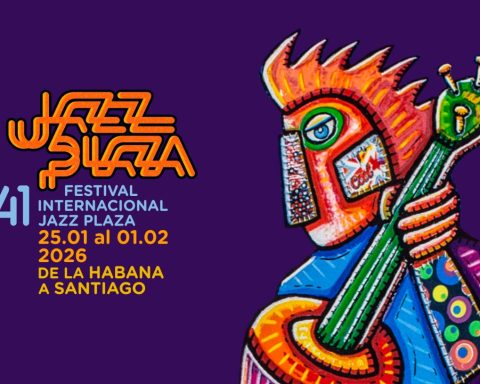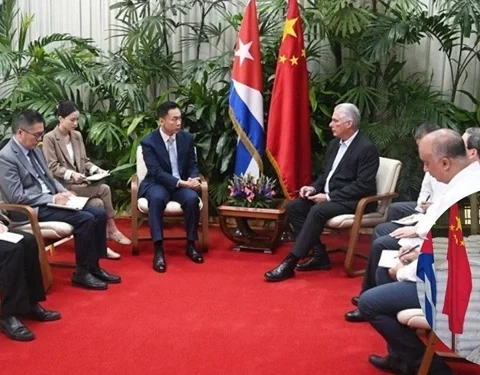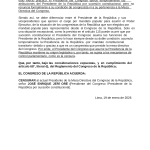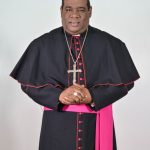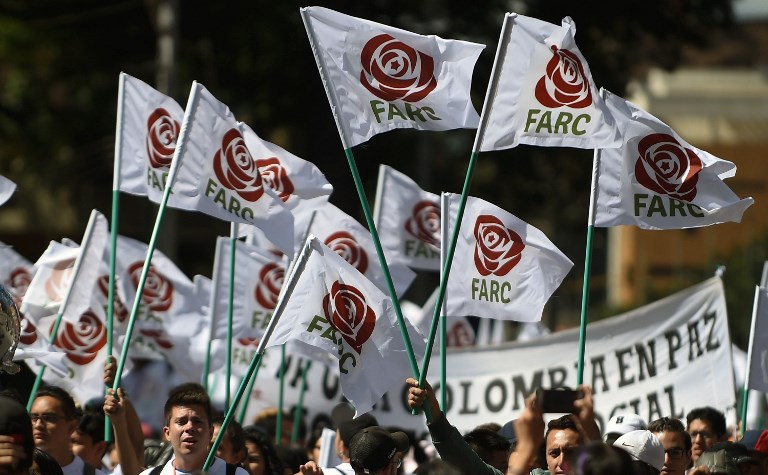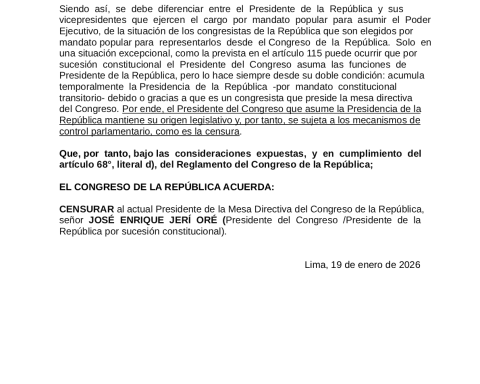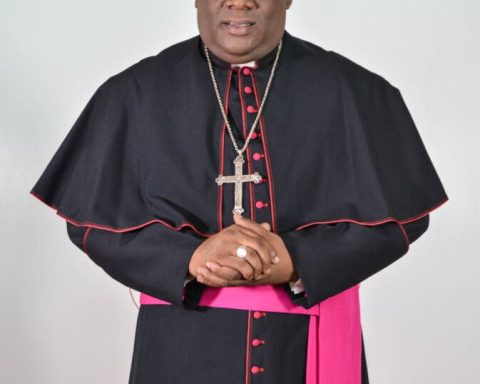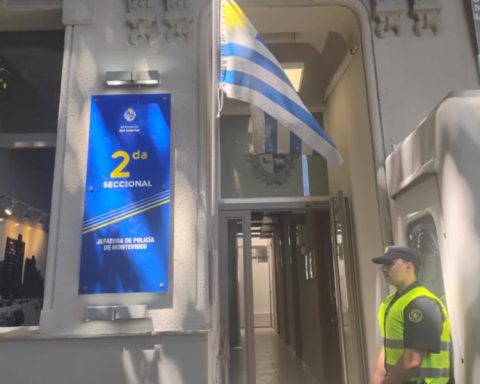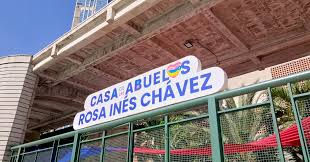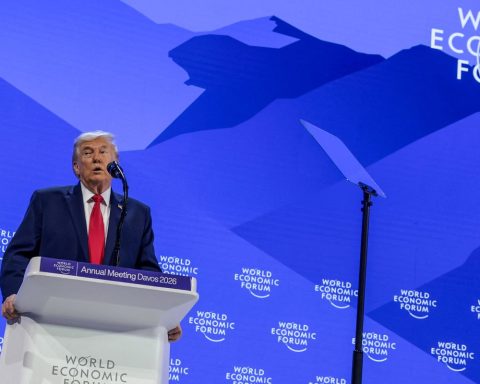MIAMI, United States.- The culprit is the third generation. “Industrious father. millionaire son. Throwaway grandson”. Alvaro sentenced. It was a four voice conversation in which there was almost total agreement. The Peruvian Álvaro Vargas Llosa, the Argentine economist Gerardo Bongiovanni, the Cuban Linda Montaner -my wife-, and this unfortunate writer.
In Spain, in Chile, in Peru, the same or something very similar had apparently happened. Some explanation will have the mystery. The three countries have suffered a great deal in achieving democracy and a certain relative prosperity, but all three have opened the door to the most delusional left. Let’s start with Spain.
Spain
The transition to full democracy began at the wake of the Caudillo, as Franco was sometimes called. Fortunately, almost everyone was willing to betray his words. Many of the ex-Francoists thought that Europe had to be approached by singing something other than “Cara-al-sol”; the communists forgot the “they shall not pass”; the socialists sang in chorus, along with the Germans, a decaffeinated version of the International; the army had grown accustomed to taking orders from the high command; and the Church stopped being kirieleisons and showed its most open and modern face. For this they had King Juan Carlos and his squire Adolfo Suárez.
The Spanish probably did not complete their transition until the governments of José María Aznar (1996 to 2004). The circle was closed. It was the right, but sensible and stripped of any authoritarian temptation. Then came the denial of the virtues of those years of wine and roses, illusions and dangers. It began with Zapatero, but it was accentuated with Sánchez. It was the third generation.
Chili
Something similar happened in Chile. General Augusto Pinochet ruled for 16 years, from November 11, 1973. In 1988 the plebiscite was won by the opposition (56% for No to Pinochet and 44 for Yes). In 1973 a military coup had removed Salvador Allende from power.
The lawyer Patricio Aylwin won the 1989 elections. He was nominated by the Christian Democracy. Faced with the economic and social chaos caused by Allende, he had been a supporter of General Augusto Pinochet’s coup in 1973, but was disgusted, like many Chileans, by the human rights violations committed by the military and the intelligence services.
Senator Aylwin had won with 55% of the votes at the head of the Concertación. The concertación was a conjunction of center-left parties that included the DC, the socialists, the social democrats and other small forces that brought Allende to power in 1970.
After Pinochet and Aylwin, he was followed, within the Concertación, by the Christian Democrat engineer, Eduardo Frei Ruiz-Tagle. He was followed by the social democrat and economist Ricardo Lagos, and the socialist doctor Michelle Bachelet. Later on, it was Sebastián Piñera’s turn. It was the first time that a conservative candidate won, but against Pinochet.
The latter did not help him much when he returned to power in 2018. Indeed, in October 2019, a year and a few months after Sebastián Piñera had returned to the governorship of Chile, thousands of Chilean rioters threw the idea overboard. that the country had come of age.
Up to that point, most Latin American observers -and myself among them- thought that Chileans had developed a political and economic model based on the market, on reduced but sufficient public spending, on obedience to the law, in the intense international trade, and in seriousness and good sense.
We do not think about the third generation. The percentage of poor had dropped from 46% to 8. The Gini coefficient was reduced by almost 10 points. Chile had ceased to be one of the most unequal nations on the planet and had approached an income distribution similar to that of the United States.
We will see how the new ruler Gabriel Boric behaves. He has already begun to rule. He is 35 years old and belongs to the third generation. I don’t have too many illusions.
Peru
The case of Peru is different. Many Peruvians, the most alert in economic matters, always aware of their neighbors to the south, had seen the case of Chile with great interest. Perhaps it was time to repeat the Chilean model.
I remember the 1990 campaign. Peru came from the disastrous government of the first Alan García. It seemed that Mario Vargas Llosa was going to easily win the presidency of the country. At that time, electorally, Alberto Fujimori was a perfect unknown. In the debates against Vargas Llosa during the campaign it seemed that the novelist had won widely, but Fujimori won by 62% compared to 37 that the writer obtained. Vargas Llosa was hurt by the “neoliberal” campaign that intended to govern for the rich and whites. It wasn’t true, but that was the general perception.
Fujimori, once at the head of the government, seized some liberal measures, mixed them with others from the cookbook of “crony capitalism”, especially corrupt privatizations, staged a “self-coup” against Congress in 1992, and managed to overcome the economic crisis that had left the first Alan García.
Fujimorism, which is authoritarian, which makes it anti-liberal, has sown great confusion in Peru, which has resulted in the discrediting of liberalism, and perhaps the rise to power of Pedro Castillo, a teacher who has perhaps been pushed by the third generation: that of the botarates, according to Álvaro Vargas Llosa. At least, it was postulated by the most recalcitrant Stalinists.
OPINION ARTICLE
The opinions expressed in this article are the sole responsibility of the issuer and do not necessarily represent the opinion of CubaNet.
Receive information from CubaNet on your cell phone through WhatsApp. Send us a message with the word “CUBA” on the phone +1 (786) 316-2072, You can also subscribe to our electronic newsletter by giving click here.
